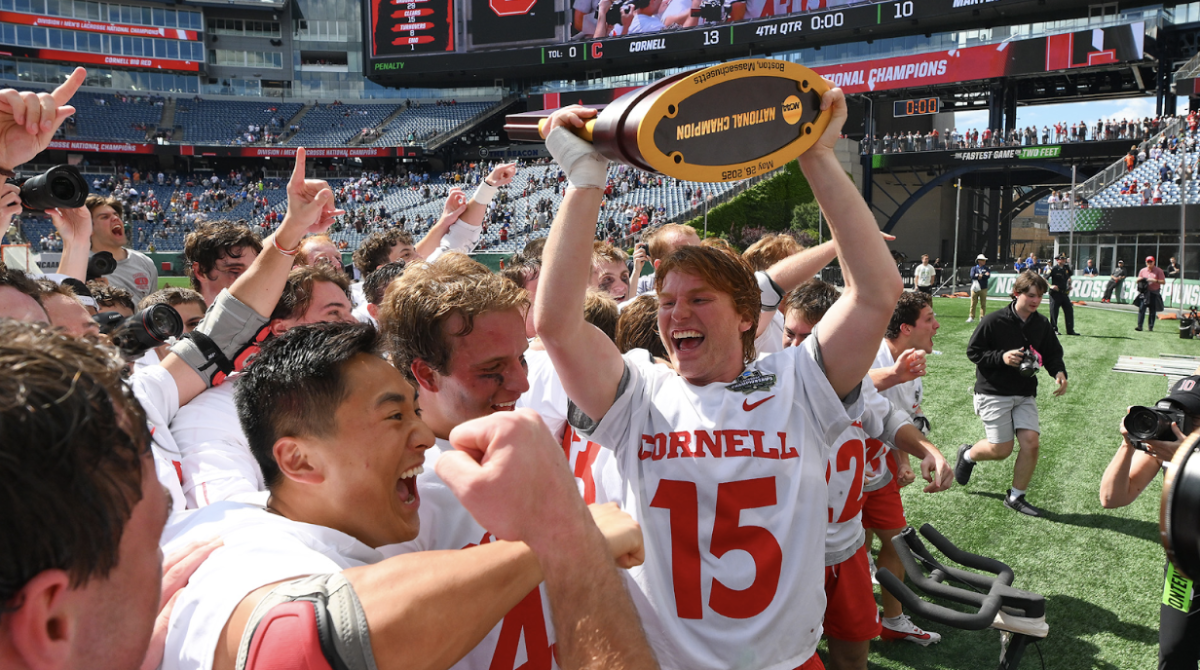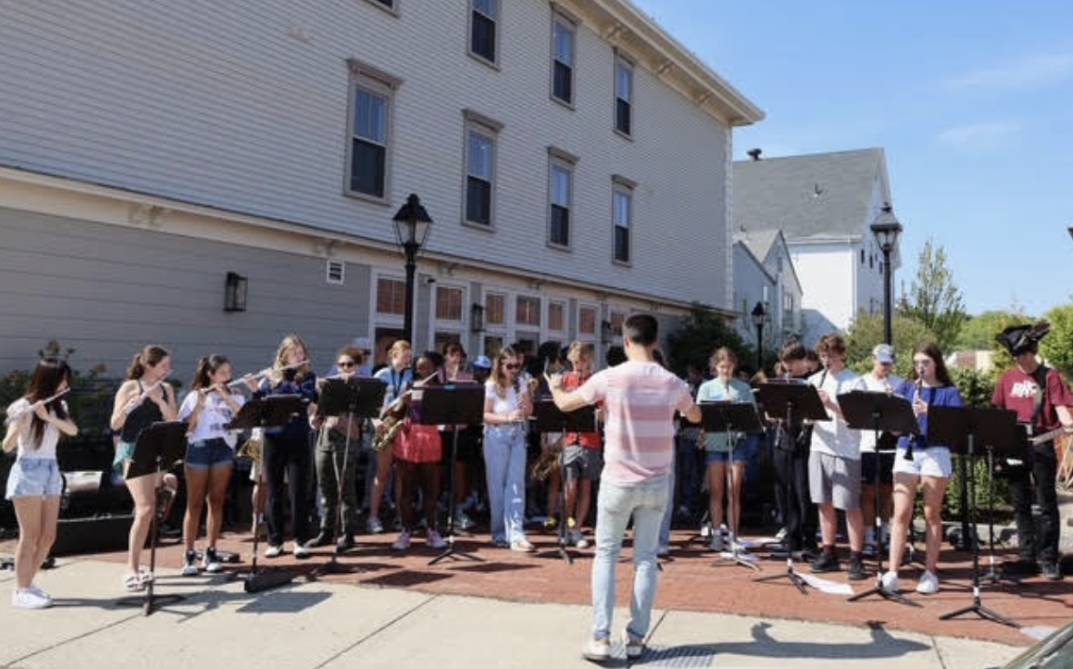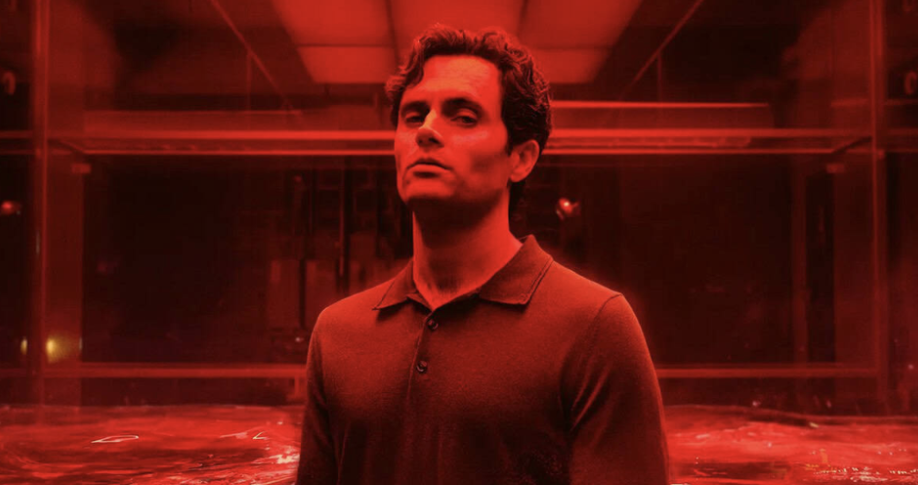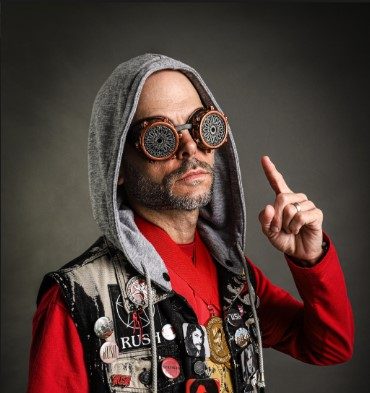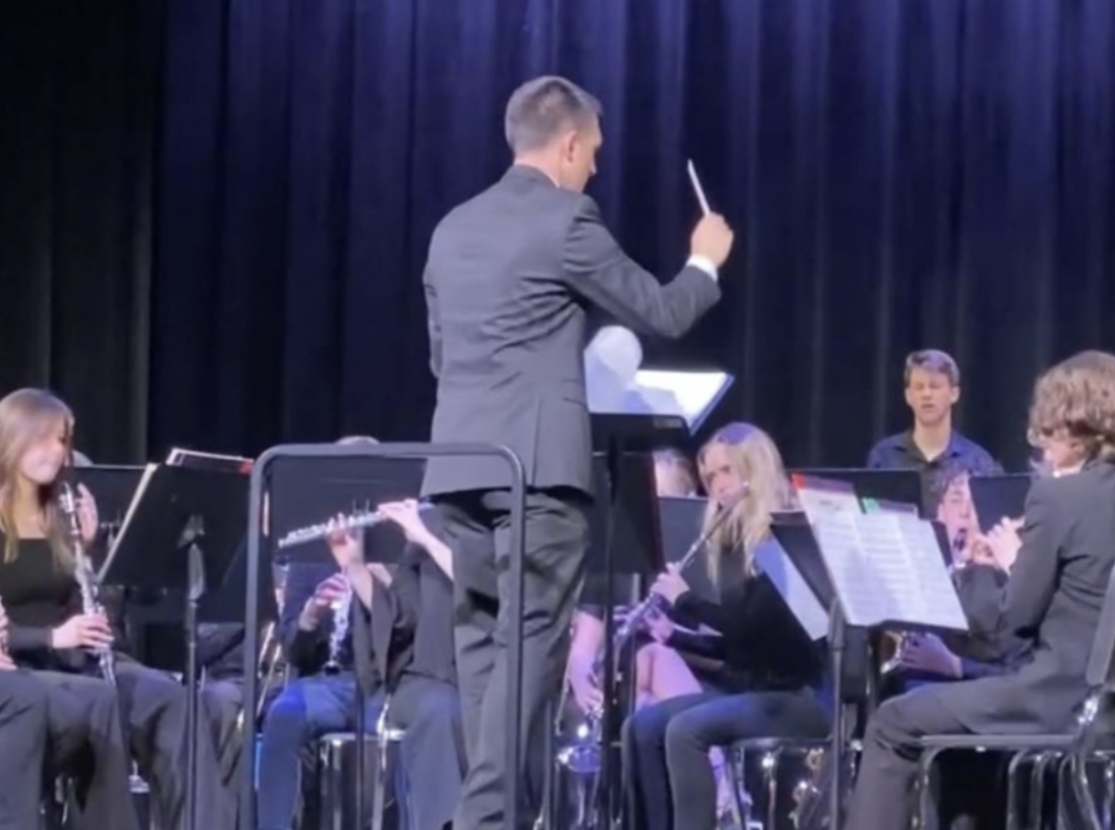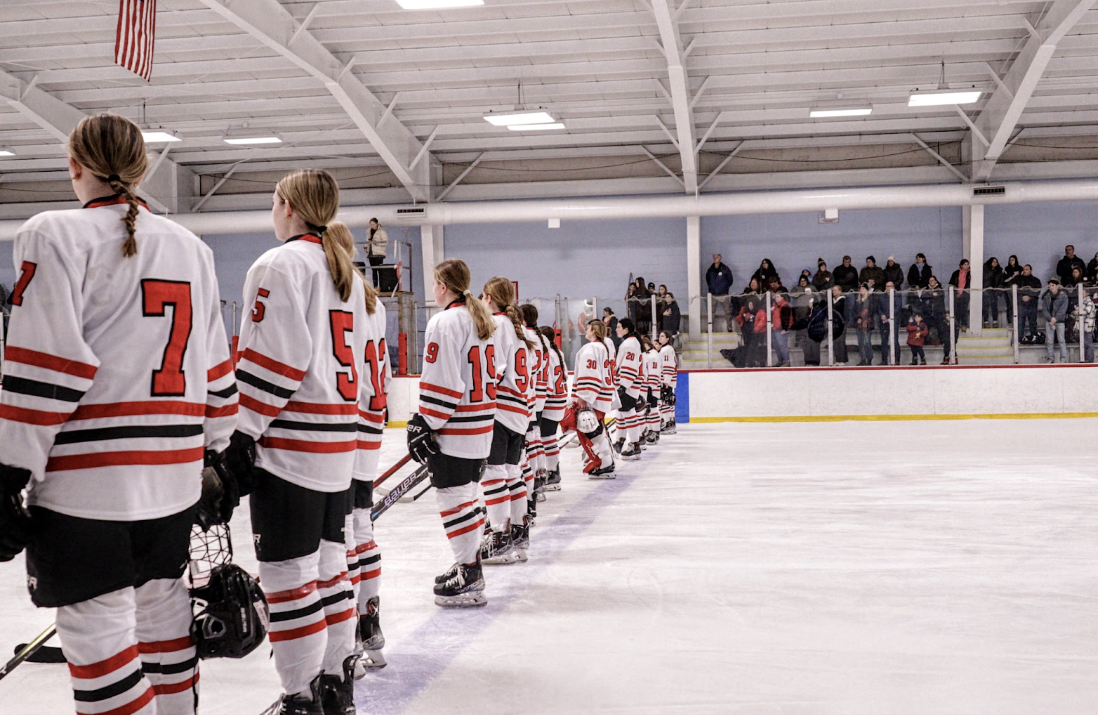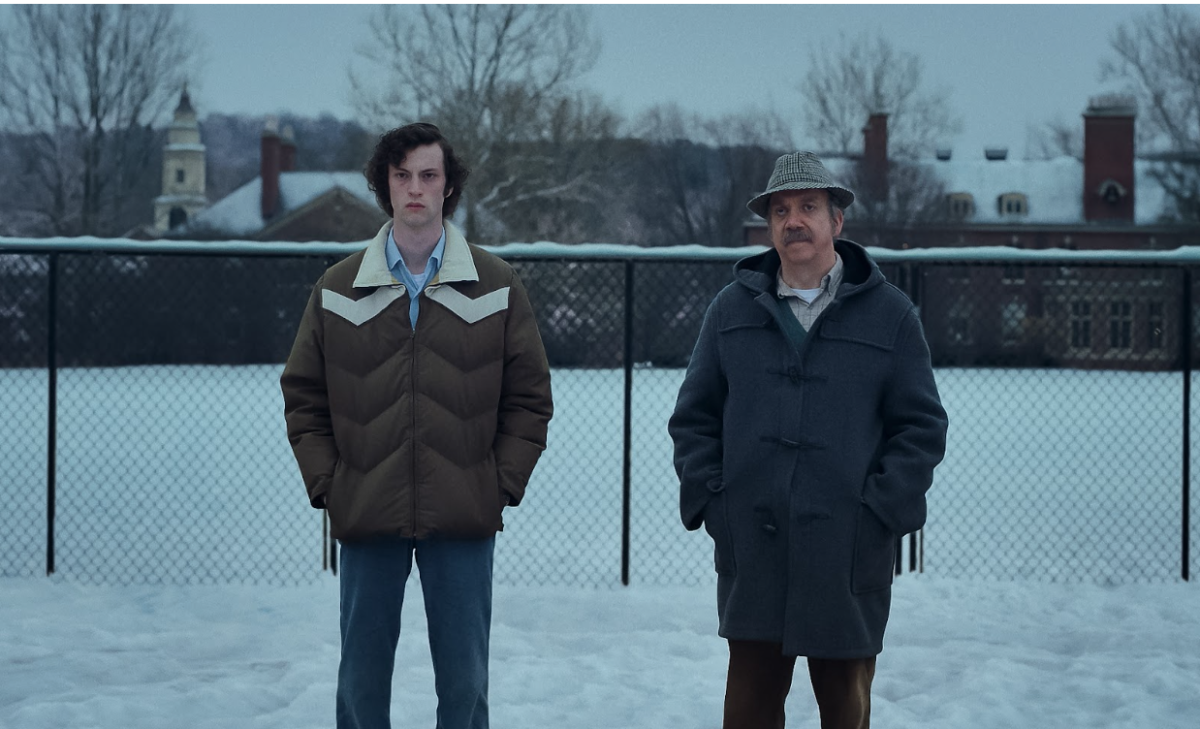This Friday, I went to the Loring Hall movie theater in the town square, which I’ve rarely seen a film in let alone been inside of, and saw the new film The Holdovers. While I had no expectations, much of what I found in the film to be so special was for much of the same reasons why such arthouse theaters like the Loring are so important for the film industry. The repurposing of the past to create something new and the reinterpretation of classic story motifs and tropes to suit new actors and generations with a metaphorical breath of fresh air is why places like the Loring Hall must exist: to provide a place to view the films pushing the boundaries outside of Hollywood conventions where the blockbuster proverbially rules.
Alexander Payne, a director who has made a career out of creating offbeat films that combine comedy and drama to tell the stories of lonely people, such as in the film Election, has created a pleasant holiday film with his latest release that reaches into the souls of primarily three troubled people stuck at a prep school for the holidays in a world that doesn’t seem to want them. The three troubled souls are a curmudgeonly classics teacher named Paul Hunham, played by Paul Giamatti, school cook Mary Lamb who is reeling from the loss of her young son in the Vietnam War, played by Da’Vine Joy Randolph, and a troubled but intelligent young man named Angus Tully played by newcomer Dominic Sessa.
Throughout the film, the performances are great, and the interplay between Giamatti’s character and his student somewhat predictably results in them coming to a greater understanding of each other, yet Payne adeptly crafts the film such that their eventual understanding isn’t reached until after realistic conflict occurs between the two that progressively builds their mutual trust over time, making their connection feel earned.
Nate Bradl, a sophomore at HHS who also saw the film, was surprised upon learning that the film was Sessa’s cinematic debut, as he thought “the movie was very well acted, the characters seemed to come from another world like in Dead Poets Society or A Separate Peace.”
Set in the Massachusetts in the winter of 1970, the movie has a classic feel, having been shot on actual film stock and utilizing similar story dynamics of the “prep school movies” of the late 80s and early 90s such as “Dead Poets Society” and “School Ties” -to tell coming of age stories by showing how the characters come to a greater understanding of their world after interacting with an authority figure or confronting a social issue.
The combination of youthful moments of pure joy, such as when Sessa’s character Angus Tully steals Hunham’s keys to eat ice cream straight out of the freezer and play piano while smoking a cigarette captures the childish innocence of his character, providing moments of levity amidst the very real struggles of the three main characters. Such struggles as Angus coming to terms with the fact he can no longer see his father who is confined to a mental institution, Mary grieving over her son, and Hunham confronting his immense loneliness are magnified by the holiday season, as the happiness of families coming together only makes the lonely realize what they do not have.
One heartbreaking scene, in which Mary opens a box of which the contents are presumably her son Curtis’s baby clothes, emphasizes the emptiness left behind after her son’s death. Cooper Denyse, a sophomore at HHS recalled “the way the woman so delicately handled the baby bottle and clothes from the box made it seem as if she saw her son in that moment, which made me realize how lonely she, and the others must have felt throughout the movie.”
The three do find some semblance of happiness, however, coming together around a makeshift Christmas tree (reminiscent of A Charlie Brown Christmas) and a turkey dinner to appreciate each other as people with their own problems they are working to overcome. Eventually each of them do come to terms with their personal problems, with Mary finding hope in her young nephew, Angus seeing Hunham as a surrogate father, and Hunham finding the bravery to risk himself to protect Angus when he gets in trouble for allowing Angus to go to Boston to see his father one last time in the mental institution.
In the last scene where Hunham drives away, fired from the school that was his life, we realize how there is still hope, as he was actually freed to write a book on the classic civilizations he loves and help a young man on his journey to adulthood during that holiday break. Ultimately, the film is a story of silver linings and how lonely people can find hope even in the loneliest of seasons, told through a simple story concept that feels like an instant classic for how it so swiftly cuts through the overplotted, grandiose scale of most modern blockbuster films.











